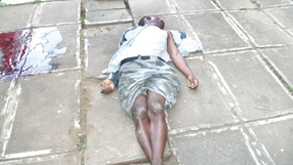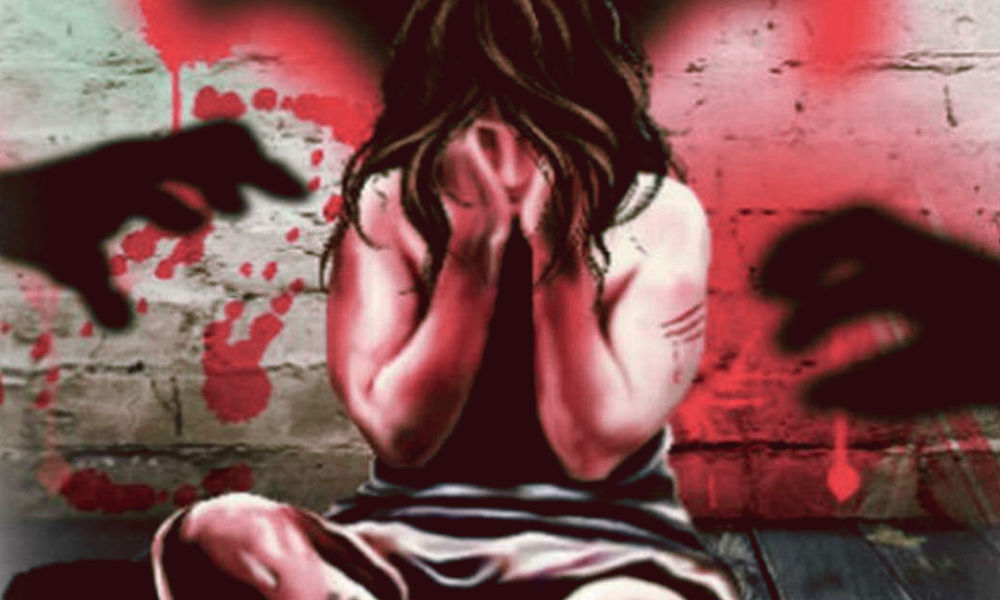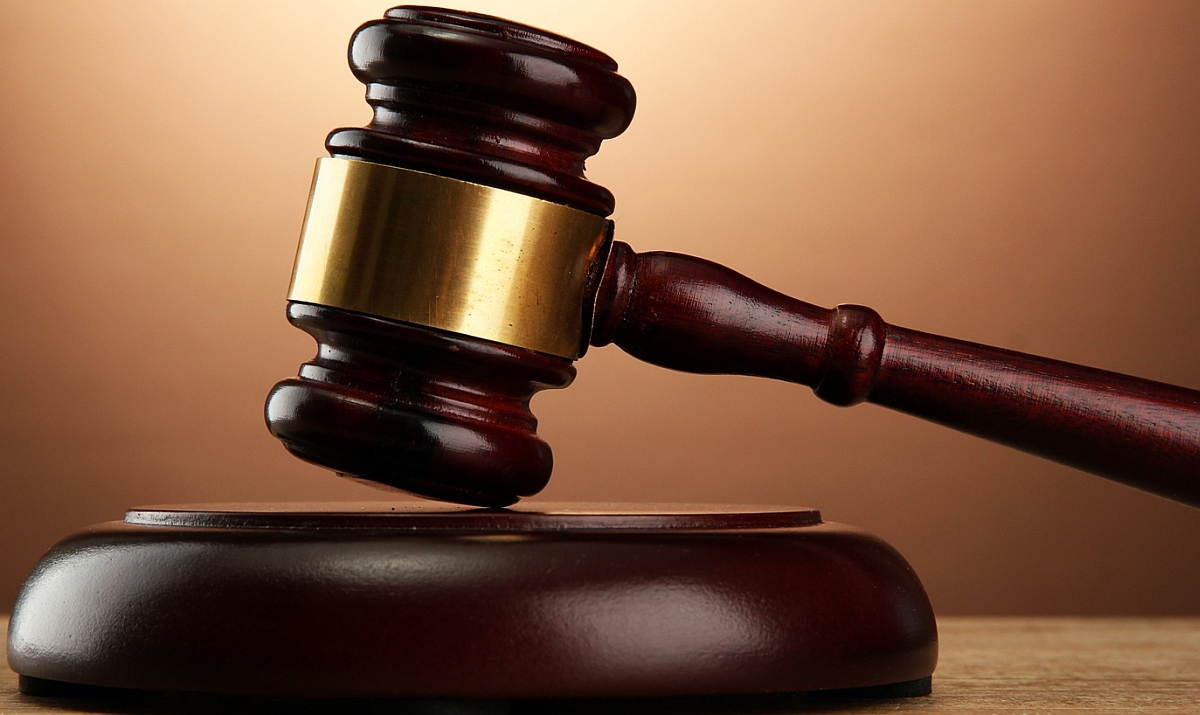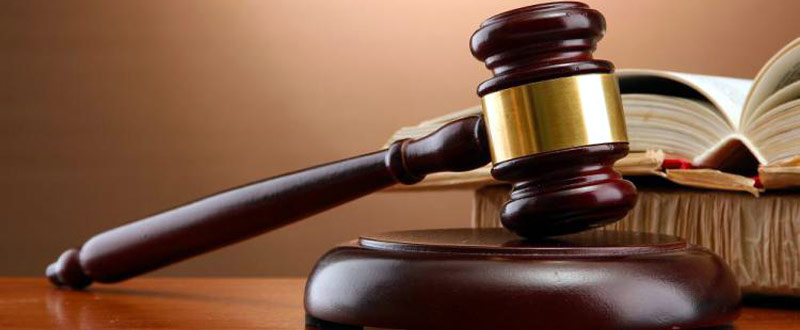Notorious Democratic Progressive Party (DPP) Regional Governor for the South Noel Masangwi and the party’s Director of Youth Lewis Ngalande have been named by a Commission of Inquiry report among prime suspects in the murder of Polytechnic student Robert Chasowa.
The report, presented to President Joyce Banda last week, has also implicated two police officers, Constable Stanford Horea and Sub/inspector Yuda.
The other suspects named in the report are a Mr Amos, boxing promoter Mike Chitenje, Dofu Georfrey Botoman, Sam Chulu, Stoni John, Frank Julius, Harry Makina, Chikondi Mwamvera, Isaac Osman, Elias Phiri and Petros Phiri.
Most the suspects appeared before the Commission of Inquiry to give their side of the story and most of them denied wrong-doing, while some implicated their colleagues.
The report quotes one of the police officers who testified saying that on the
Southern Region Police headquarters, a number of senior police officers were interacting with Masangwi, Osman, John and Chitenje, who were allegedly looking for Chasowa.
“After a while the civilians left in black Prado accompanied by Constable Stanford Horea. They soon returned with a young man who was gagged. She recognised the young man as Robert Chasowa. They were using shock sticks to subdue him….Shortly thereafter Robert was taken back to the car,” the report reads in part.
The group returned around 2.30am without Chasowa.
Upon their return, Constable Horea was allegedly quoted as saying: “Ife ndiye tanthana naye kuyankha akayankha ndi mabwana, bola ife ndalama ayike ku bank. (We are through with him; the senior police officers will be answerable as long as our money is deposited in our bank accounts.)
While Horea is alleged to have uttered this statement, John and Chitenje were alleged to have said: “We have done our bit and dumped him, now it’s up to Mr Chaima to write the notes to put in his clothes so that Mr Mwaluka’s statement can be supported.”
According to the report, Chasowa was captured [just soon after midnight] in the early hours of September 24, 2011 after leaving his friend’s hostel room.
It is suspected that with support from Kamu Security firm guards, his abductors and would be killers captured Chasowa when he was on his way to his hostel.
Soon after capturing him he was driven to Southern Region Police Headquarters where senior police officers were briefed about the abduction and then led away to some location where he was assaulted in the head three times before he died as a result of the injuries sustained from the assault.
His body was brought to the Polytechnic and dumped where it was later discovered.
Before the execution of their mission, the report states that the abductors knew that Chasowa was on campus during that fateful night after being tipped off by some people, as the college community including DPP functionaries were among the students and members of staff.
The report says Chasowa was living in fear of his life because he was being sought after by the police and DPP functionaries.
“Robert was already aware of what the DPP functionaries were capable of doing to those critical of the party leadership and the government.
“Robert was warned by Mr Kamlepo Kalua [president of Malawi Democratic Party]that the government he was dealing with was capable of eliminating its opponents. He was also aware of the panga wielding DPP youth cadets and what that meant if he was to end up in the hands of those cadets,” says the report in part.
“The commission finds that the theory of suicide is not supported by any evidence before the commission other than the mere presence of the alleged suicide notes.
“To the contrary the fact is from all attendant circumstances and the evidence obtained by the Commission Robert was killed,” says the report.
The report recommends that the police should not be used for political agenda, saying the police is an independent organ of the executive and therefore in the exercise of duty towards the protection of the rights of the public, they must conduct themselves with independence and impartiality.
The report also says while the police are entitled to conduct post-mortem examination in cases of unnatural death, the police should desist from influencing the opinion of medical experts by offering unsolicited information in order to establish the cause of the death.
The report also recommends that police should continue and complete investigations on Chasowa’s death as a case of homicide, saying in view of the time that has lapsed since Chasowa’s death, the investigations must be done “with speed and completed as soon as possible”.
The report also says the commission established that the system for quickly locating students in times of urgent need at the Polytechnic is not properly maintained as demonstrated by the fact that the police came to look for Chasowa, but the administration could not trace him on the information they had on his file which had since changed.
“The system for tracing students in times of urgent need should be updated regularly,” says the report.
To politicians and political parties, the report says no political party, politician or individual should use the police in the exercise of their functions, powers and duties to further their political agenda or to undermine those of others.
“Political parties, politicians or individuals should not use the Malawi Police Service as a tool for intimidating, silencing or eliminating political opponents,” says the report in part.
The report says political parties, politicians or individuals should desist from exploiting students in order to advance their political agendas.
In an earlier interview after appearing before the commission of inquiry, Masangwi denied having a hand in the killing of Chasowa.




